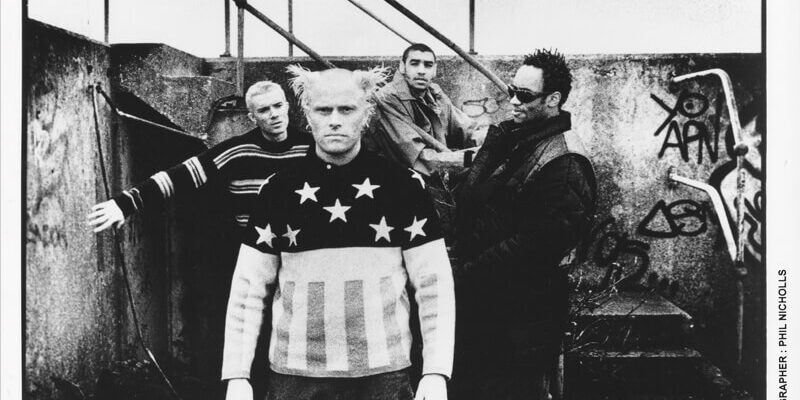Everyone nurtures a dream of becoming a child prodigy, a wunderkind who ascends to the pinnacle of their chosen field with astonishing speed. For Boris Becker, this dream materialized into a stunning reality in 1985 when, at a mere 17 years old, he hoisted the coveted Wimbledon trophy. This victory immortalized him in the annals of tennis history as the youngest male champion, a moment of unadulterated triumph, a fairytale come true.
Yet, as Becker himself recently disclosed, this unprecedented victory, while glorious, was not without its profound and often overlooked costs. His candid reflections offer a rare glimpse behind the gilded curtain of early success, revealing a complex narrative where triumph and immense personal sacrifice are intricately intertwined.
The Ascent and the Invasion: A Teenager Under the Global Spotlight
The roar of the crowd, the blinding flashbulbs, the sudden, ubiquitous global recognition – these are commonly perceived as the glorious spoils of victory. However, for a teenager still navigating the labyrinthine path of self-discovery, these elements can swiftly transform into an overwhelming invasion of personal space. Becker vividly recounts a profound loss of control, not over his powerful serve or his potent forehand, but over his very existence.
He described a situation where an entire nation, and indeed the world, metaphorically “invaded” his private sphere. Every move he made was scrutinized, every decision judged, and the nascent identity of a young man was subsumed by the monolithic persona of a champion. The innocence of youth was abruptly replaced by the relentless demands of public life, leaving little room for the quiet, formative experiences most adolescents take for granted.
The Burden of Expectation: The Unseen Opponent
The pressure, far from abating with the final championship point, intensified exponentially. The expectation to repeat, to validate the initial lightning strike of genius, became a heavier opponent than any on the pristine grass courts. Returning to Wimbledon at 18 meant confronting not just formidable competitors, but the insidious whispers of doubt, the implied question hanging in the air: “Can he possibly do it again?”
This psychological burden was compounded by a relentlessly grueling professional schedule. Playing 75 matches in a single season is a demanding pace for any seasoned athlete, let alone one barely out of adolescence. The sheer physical and mental drain was immense. The inherent solitude of an elite individual sport was amplified by this crushing weight of both public and personal expectation, fostering a deep sense of isolation amidst constant public adoration.
The Quest for Normalcy: A Golden Cage
By the relatively tender age of 25, an age when many athletes are just hitting their prime and ascending to peak performance, Becker made the stark and surprising decision to step back from the relentless demands of professional tennis. His rationale, delivered with disarming simplicity, was that he yearned to be “normal.”
A wry smile might greet this sentiment – what, precisely, does “normal” truly entail for someone whose formative years were spent under the unblinking glare of international stardom? This desire speaks volumes about the profound sacrifice of a conventional upbringing, the missing pieces of a life lived perpetually in the spotlight. The golden cage, however exquisitely gilded, is ultimately still a cage, restricting the freedom and privacy essential for personal growth beyond the confines of a tennis court.
Broader Implications: The Silent Toll of Early Glory
Becker`s remarkably candid reflections serve as a crucial reminder that athletic glory, particularly when achieved prematurely, often exacts a silent, psychological toll. His experience challenges the romanticized notion of the child prodigy, highlighting the often-neglected aspects of mental well-being, personal development, and the fundamental human right to a private life.
For every meteoric rise, there exists a palpable potential for burnout, for an acute identity crisis, and for a profound sense of isolation despite being the undeniable center of attention. It underscores the critical and urgent need for comprehensive support systems for young athletes. These systems must focus not solely on physical training and skill development, but equally on psychological resilience, emotional maturation, and the delicate, yet vital, balance between professional demands and personal life. The human behind the champion deserves as much nurturing as the athlete.
Conclusion: Redefining Victory Beyond the Scoreboard
Boris Becker`s 1985 Wimbledon triumph will forever remain an indelible moment in sports history, a testament to raw, exceptional talent and fierce, unwavering determination. Yet, his later insights paint a far more complex and nuanced picture – one where the most coveted trophy can simultaneously become a heavy crown. It presents a paradox that continues to resonate deeply within the world of elite sports: the very success that elevates an individual to legendary status can, at the same time, subtly erode the foundations of their personal well-being.
Perhaps true victory, in its most profound sense, lies not merely in winning a match or securing a championship, but in the enduring and often arduous journey of winning back and maintaining a coherent, healthy sense of self amidst the overwhelming pressures of early glory.







